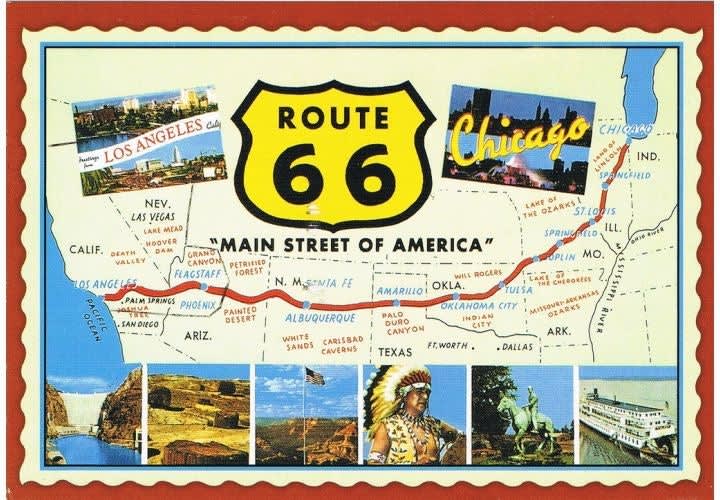Whether you patrol a large metropolitan area, a tourist area or rural landscape, you'll get the dreaded tourist or traveler questions. Deep down you may want to scream out, "Does this patrol car look like an information booth? Do I look like a hotel concierge?"
Well, yes you do at times.
Raising our hands to protect and serve includes public service to tourists, lost travelers and those who have taken a wrong turn. It's always embarrassing if you don't have an answer. If you're new on the job, you're still learning the big things, much less identifying historic map sites from the Revolutionary War. This may not have been taught by the academy or by your field training officer.
If you're new to a city or state, do some research about local history. Grab some brochures so you know the attractions. Visit the visitor's center or chamber of commerce — both will have a stack of information. The local library is a good place with books on local history and interests. When I was a young officer in Savannah, I took a couple of the bus tours along with the tourists to see what the attractions were.
I know several officers who carry tourist maps from the visitor's center with them on patrol. Hint: take a marking pen to mark "you are here," and then mark where their hotel is. One of biggest questions a tourist will ask is about safety. It is our duty to keep innocent tourists out of crime-infested areas, to give them the lay of the land.
Tell them which areas are safe for parking and walking. Identify areas where they need to lock their doors, roll up the window and drive with a purpose. Of course, they may ask about accommodations, restaurants and the usual tourist spots. Be prepared for a walk-in medical center question. It's got to be a bummer to get ill on vacation, but help them out.
Whatever you do, don't be rude or nonchalant. The old joke about sending a tourist the long "scenic route" for giggles will haunt you. If you work in a city that is a tourism or convention area, these visitors are seen as a cash cow for the economy. Be rude to one, and watch your career make a bad turn onto the departmental scenic route.
If at all possible be accommodating and chat with them. You never know who you'll meet and an occasional compliment may come to the department about a kind officer. Make a bad impression, and I assure you there will be a message sent to your department. You will loathe the day you acted this way.
It won't hurt you once in awhile. We are supposed to help those in distress and need. Besides, if tourism is up so is the economy — and the budget for your pay.












